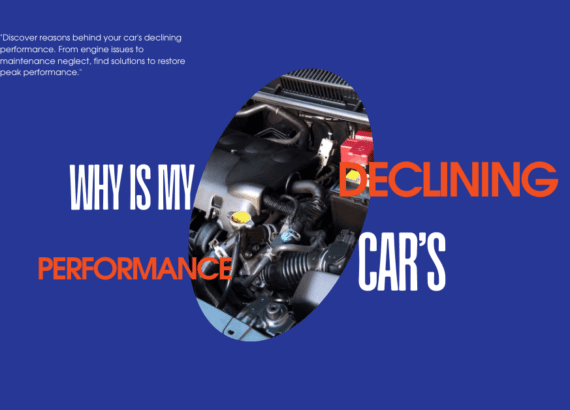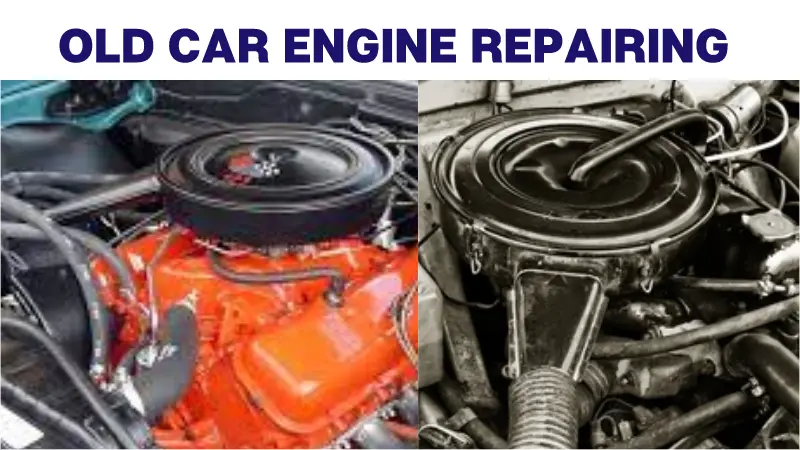Is it More Efficient: Gas or Steam Turbine Engines?

The decision between gas turbine engines and steam turbine engines is considered crucial when it comes to powering various devices and generating electricity. The effectiveness of each technology is assessed, despite the fact that both possess advantages and find application in various sectors of the economy. In this post, the realm of turbine engines will be delved into, and their inner workings, uses, and effectiveness will be examined. By the end, it will be possible to determine with certainty which type of turbine engine is deemed most effective under specific conditions.
Which is More Efficient: A Gas or Steam Turbine Engine?
The comparison must be dissected into its component parts in order to ensure that a meaningful response to this query is provided. Each point will be examined in further depth.
1. Fuel Efficiency

The efficiency of fuel utilization is significantly improved by gas turbine engines. They are well-known for their ability to convert a greater portion of the fuel’s energy into mechanical work. This renders them ideal for fuel-efficient applications such as airplane propulsion and power plants.
2. Thermal Efficiency
On the other hand, superior thermal efficiency is achieved by steam turbine engines. High-temperature steam is employed to drive turbines, which are proficiently utilized for converting heat energy into mechanical work. This makes them well-suited for applications such as nuclear power generation, where a substantial amount of thermal energy is required.
3. Environmental Impact
Compared to steam engines, gas turbine engines are said to be more ecologically benign. In situations where environmental concerns are of paramount importance, it is preferred that they be chosen as an option since fewer greenhouse gas emissions and contaminants are emitted by them.
4. Power-to-Weight Ratio
The pack is once more led by gas turbine engines in terms of power-to-weight ratio. They are well known for being small and light, which makes them useful for uses like aircraft and maritime propulsion where weight restrictions are important.
5. Initial Cost
Compared to gas turbine engines, a greater starting cost is typically incurred by steam turbine engines. This is because a sophisticated infrastructure is required for steam generation and distribution, which in turn increases their cost. Gas turbine engines, on the other hand, offer a more economical alternative due to their simplicity.
6. Maintenance
Compared to steam turbine engines, gas turbine engines typically require less maintenance. Long-term maintenance expenses are decreased by its design’s engines use of fewer moving components and less wear and tear.
7. Flexibility

In terms of the kind of heat sources they may utilize, steam turbine engines are more adaptable. A number of heat sources, such as fossil fuels, nuclear reactors, and concentrated solar energy engines , can power them. Only gaseous fuels may be used in gas turbine engines.
8. Start-up Time
Compared to steam turbines, the quicker start-up time of gas turbine engines is appreciated. They are found to be useful for applications necessitating rapid power generation, such as peaking power plants, owing to their swift reaction time.
9. Overall Efficiency
The overall efficiency of a turbine engine is influenced by the particular application and operational circumstances. Greater overall efficiencies are often achieved by gas turbine engines due to their lower fuel consumption and reduced maintenance requirements.
10. Application-Specific Efficiency
The efficiency of a turbine engine is also impacted by the application. For example, in aircraft, gas turbine engines are often utilized due to their power-to-weight ratio, whereas steam turbines are preferred for large-scale power production in utility facilities.
Conclusion
The decision between steam turbine engines and gas turbine engines is ultimately determined by the particular needs of the application. Gas turbine engines are deemed ideal for aircraft and some situations involving power generation due to their high levels of fuel economy, minimal impact on the environment, and favorable power-to-weight ratio. The thermal efficiency and adaptability of steam turbine engines, on the other hand, are highly regarded for large-scale power generation and naval propulsion.
In the end, the efficiency of a turbine engine is influenced by a multitude of factors, and the choice should be made based on a careful examination of the requirements and limitations of the application. Whether the gas turbine’s efficiency or the steam turbine’s dependability is selected, each technology has a legitimate role in the world of engineering and power production.
FAQs
Q: Can gas turbine engines be used in power plants?
A: Yes, gas turbine engines are commonly used in power plants for electricity generation.
Q: Are steam turbine engines more efficient in naval propulsion?
A: Yes, steam turbine engines are often used in naval propulsion systems due to their reliability and thermal efficiency.
Q: Which turbine engine is better for aviation?
A: Gas turbine engines are the preferred choice for aviation due to their power-to-weight ratio and quick start-up time.
Q: Do gas turbine engines have lower maintenance costs?
A: Yes, gas turbine engines generally have lower maintenance costs compared to steam turbines.
Q: Are gas turbine engines more environmentally friendly?
A: Yes, gas turbine engines produce fewer emissions and pollutants, making them more environmentally friendly.
Q: Can steam turbine engines use renewable energy sources?
A: Yes, steam turbine engines can be adapted to use renewable energy sources like concentrated solar energy.











